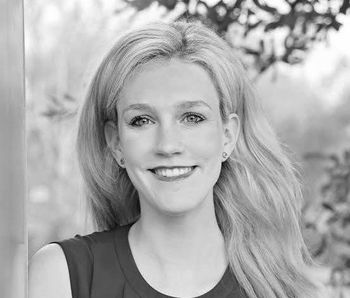Cornell announces new ice cream flavor, fashion exhibit to signal commitment to 'free expression' despite its DEI efforts
'Do these two values, of diversity and free expression, sometimes come into tension with one another? Of course they do,' said the university president.
Cornell University President Martha Pollack said Aug. 24 that while Diversity, Equity and Inclusion (DEI) and free expression are at odds with each other, the university will uphold both values.
In an email sent to the university community Thursday, Aug. 24, Pollack wrote, “Do these two values, of diversity and free expression, sometimes come into tension with one another? Of course they do. It is the job of universities to manage that tension and to uphold both values: if not perfectly, then in a manner that does them both justice.”
In keeping with the university’s first themed year ever, “The Indispensable Condition: Freedom of Expression at Cornell,” as Campus Reform reported, students can attend scholarly and creative events in the fall. These events include an exhibit on fashion and free expression, a Scalia/Ginsburg opera performance, conversations with invited speakers on civil discourse, and music, poetry, film, and lectures that explore different perspectives on free expression, she said.
“And, because this is Cornell: we’re also planning a new Cornell Dairy ice cream flavor celebrating freedom of expression,” she added.
[RELATED: Model legislation aims to help lawmakers protect free expression on college campuses]
Pollack acknowledged the argument that “when you allow a broad range of expression, it is almost inevitably the case that certain groups of people—those who are underrepresented and those who hold less power—will be disproportionately subjected to hateful messages targeting them.”
Those who make that argument sometimes believe the remedy is to ban certain speech, which is difficult to do because history has shown it harms the people it meant to protect, Pollack explained.
Others say that DEI efforts inherently run counter to free speech, Pollack noted. “If an institution were to place restrictions on speech to protect certain groups, the critique could carry some weight,” she wrote. “Most often, however, the claim is made that a commitment to diversity, equity, and inclusion is in principle at odds with free expression, because (it is argued) this public commitment constitutes indoctrination: it forces community members to suppress the expression of beliefs that might be at odds with the institutional value of DEI.”
Cornellians must respectfully debate each other and “become a role model of how a diverse society that prizes free expression can thrive,” Pollack said.
The Cornell Free Speech Alliance unveiled recommendations Aug. 14 to help the university aspire to its commitment to academic freedom and free speech. Recommendations include banning the use of DEI statements in the faculty hiring process, eliminating DEI course requirements altogether, ensuring students and faculty have due process, promoting viewpoint diversity, and not encouraging students to report or spy on each other.
Follow Melanie Wilcox on X

